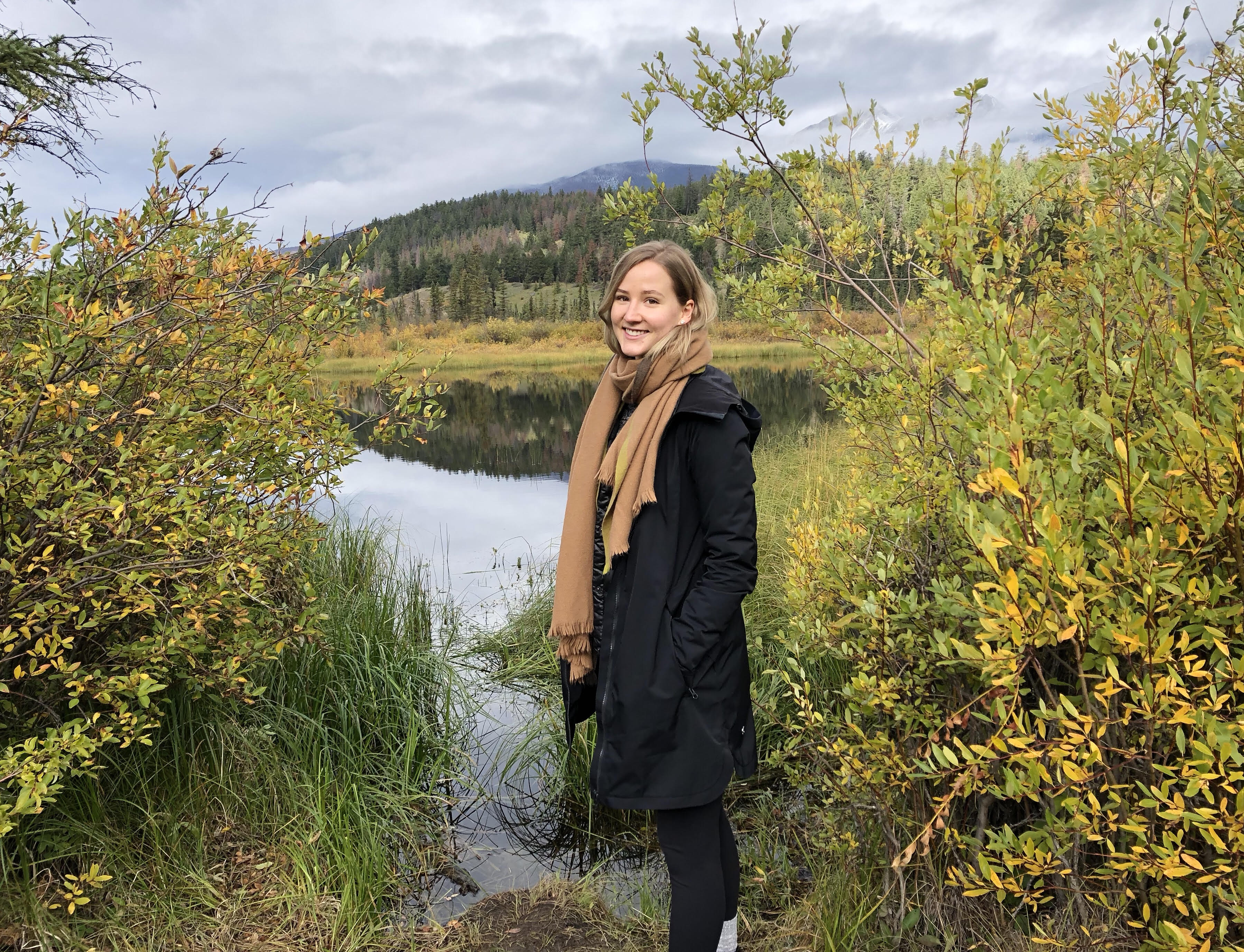MSc graduate works to make public health research accessible to all

Charlotte Ryder-Burbidge (MSc ‘20) was working in a research lab when she noticed that scientific research wasn’t always being communicated and translated efficiently to the public.
“I decided to pursue a degree in public health to make health research more accessible to the general public. It can be hard to understand research that are really relevant to your health,” said Ryder-Burbidge.
She strongly believes in the role of public health to give people the tools and resources they need to improve their health and look after their future. Tools such as education and policies should be readily shared and integrated into our society so that people have “an elevated baseline of understanding of how to look after themselves.”
“That’s the role public health needs to play – lift up the most vulnerable but also have an impact on as many people as possible.” Public health is at its best when knowledge and research is being used to improve populations and health outcomes.
Through her master’s of science degree program in epidemiology, Ryder-Burbidge learned the limitations of bias in research and how to be mindful and critical of the information she consumes. As well, she remarked on the importance of working with the community you’re striving to help.
“As an epidemiologist, when you’re looking at spreadsheets all day, you shouldn't lose sight of the people that you’re trying to help. It was really beneficial for me to have names, faces and experiences to put behind my work, to ground and remind myself why we’re doing the work that we do.”
Looking forward, Ryder-Burbidge wants to be more engaged and tightly involved with the community she’s working with.
Today, Ryder-Burbidge works as an epidemiology research associate for the Department of Cancer Epidemiology and Prevention Research, which is part of Cancer Care Alberta and Alberta Health Services. She looks forward to leveraging knowledge translation through her writing, analytical and critical thinking skills as she studies cancer prevention and improving health outcomes during cancer treatment and survivorship.
Cancer patients and their families tend to be vulnerable and looking for sound information. “I hope to keep educating people in a vibrant and clear way about their health and recent research, and give them the tools and resources they need.”
When asked about advice for students taking a public health degree, Ryder-Burbidge encourages them to pursue their curiosity and be flexible. “Expect your journey to go off course, not just once, but a couple of times. I learned about things that were unexpected, proving to me that public health is interconnected. It contributed to my overall knowledge of public health and built a stronger foundation to my education.”
Looking back on her years in school, she’s incredibly proud of all her fellow students and faculty members.
“There’s so much passion, intelligence, and compassion amongst this group. Canada is lucky to have another generation of public health leaders doing research that will inform our health futures. I feel grateful to be a part of this community.”